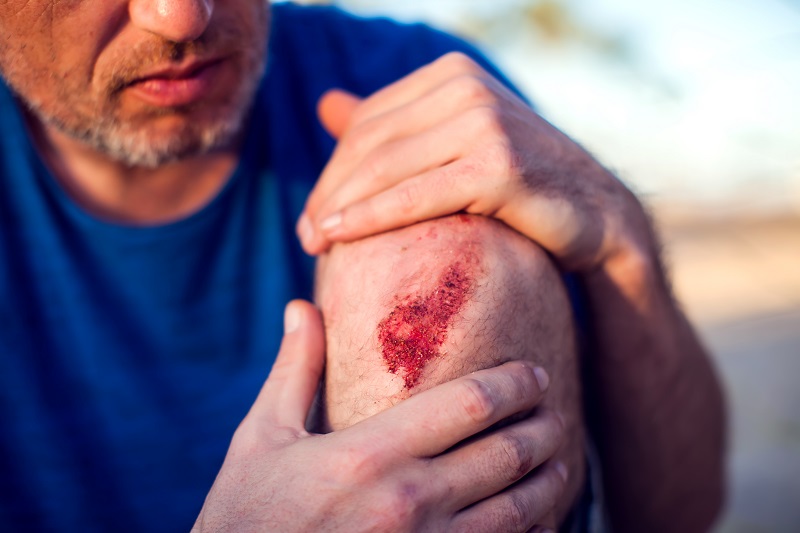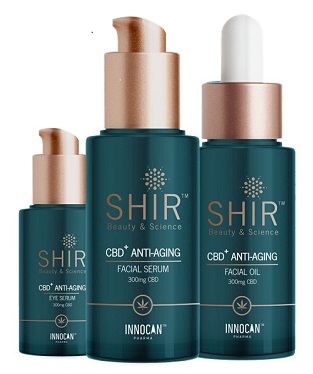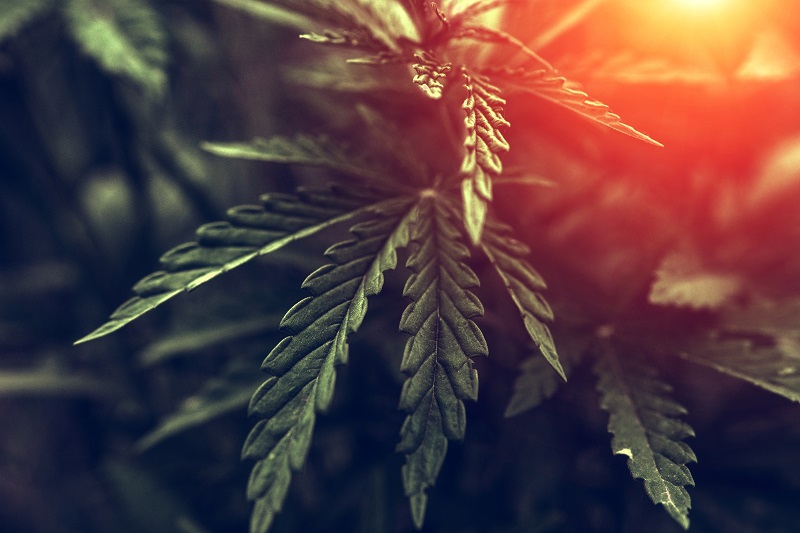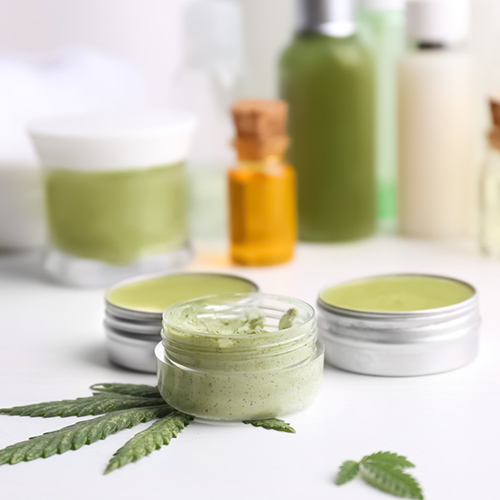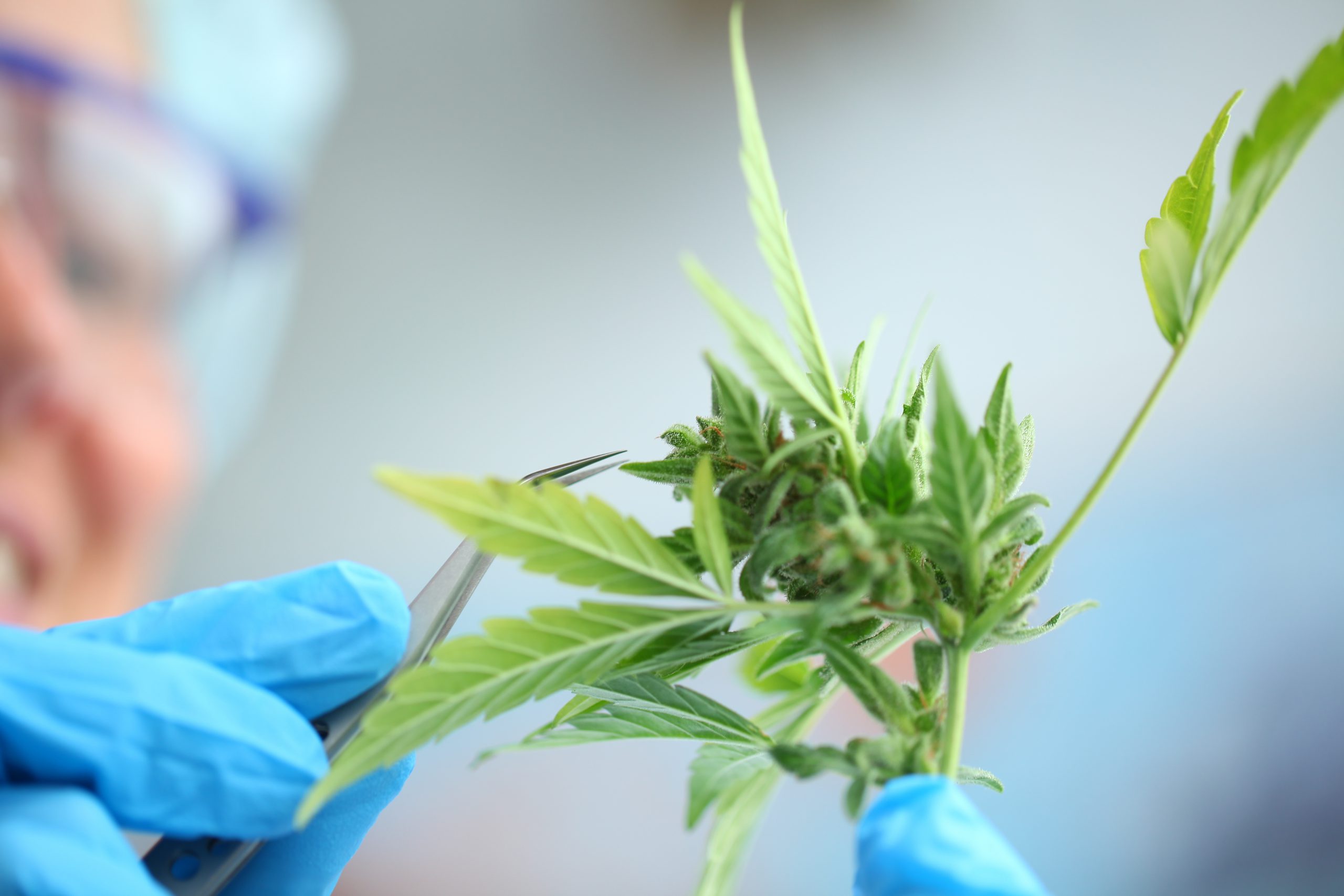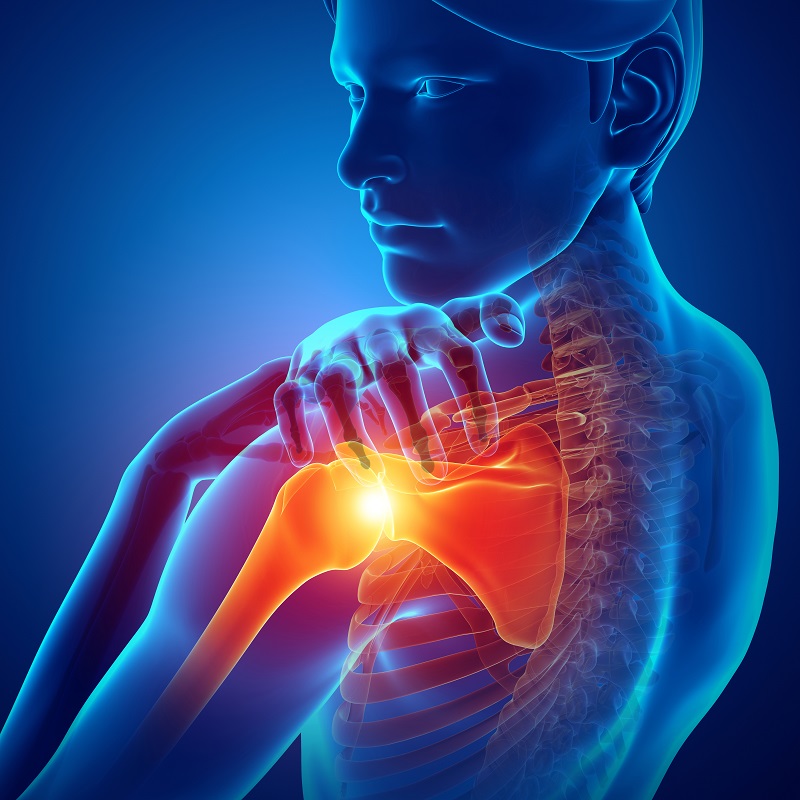Topical Cannabis for Patients with Orthopedic Conditions: Does It Work?
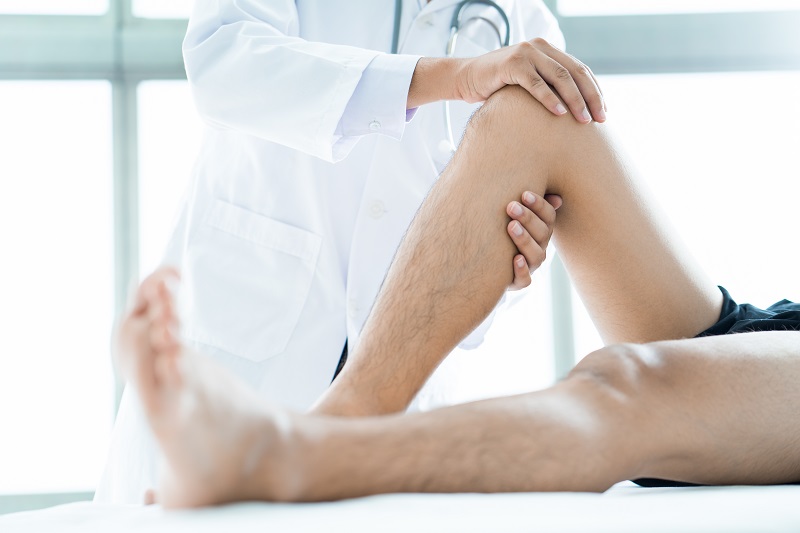
Orthopedic conditions are associated with the musculoskeletal system of the body. This system comprises bones, muscles, joints, tendons and ligaments. Some common orthopedic conditions include arthritis, lower back pain, and foot, shoulder, hand and knee pain. Some people may also experience chronic low-back pain. Orthopedic pain may also be a result of an injury or illness.
Regardless of the cause, orthopedic conditions can lower the quality of life of patients. Use of medical cannabis is now becoming a popular treatment for orthopedic conditions.
History of the Use of Cannabis
Interest in cannabis plant as a therapeutic element has been in existence for a long time in human civilization. Historical records show the use of cannabis in 10, 000 BC, in Japan, and later in China.
Emperors of China used to encourage cannabis cultivation. Cannabis was considered a safe herbal medicine during the period.
Use of cannabis was prevalent in ancient India in 800BC. Cannabis was used for a range of purposes, including as an aphrodisiac, analgesic (pain reliever), antiseptic, expectorant, and anesthetic. Cannabis was also used to treat fatigue here.
Use of cannabis was also recorded by multiple European authors, including Burton, Parkinson, and Culpeper. The author publications describe use of cannabis to treat gastric diseases, burns, and pain, during 1567 to 1664AD.
The western medical world was introduced to the use of cannabis only in 1839 AD when O’ Shaugmessy introduced it. Cannabis was introduced only after peer-reviewed experiments on its potency and safety. The western medicine found cannabis to be an effective anti-convulsant agent, and analgesic.
In 1850 AD, the U.S. pharmacopoeia included cannabis in its listings as a treatment for over 100 ailments. Restrictions on the use of cannabis came into existence globally between 1923 and 1937.
The medical use of cannabis is therefore, not new. Growing research shows evidence of the use of cannabis for non-cancer, chronic pain related to the musculoskeletal system.
The use of medical cannabis has attained greater significance with the rise of its therapeutic acceptance among people and governments. For example, in Australia, Europe, North America and Iran, use of medical cannabis is allowed for the treatment of chronic non-cancer pain.
There are many studies that prove that medical cannabis is effective for the management of different types of pain. But studies focusing on orthopedic pain and conditions are few. Explained here are some such studies.
Cannabis can Reduce Chronic Musculoskeletal Pain
Past, ongoing and existing studies, indicate that cannabis can reduce body pain. This ability is contributed to the presence of active compounds in the plant. The most prevalent and active compound in cannabis is THC (tetrahydrocannabinol). The second most active and prevalent compound is CBD or cannabidiol.
The interaction of such active compounds in cannabis with the endocannabinoid system (ECS) of the body is believed to impart to the plant its analgesic (pain-relieving) properties.
Research includes systematic reviews, which show that use of cannabinoids in cannabis plant can significantly reduce chronic pain associated with musculoskeletal issues. The threshold of pain reduction of cannabinoids was in comparison with placebo. Pain threshold reached a statistically significant level in such comparison.
Studies saw patients experiencing some adverse effects following the use of cannabinoids after the treatment was prolonged to over 2 weeks. Any evidence to show that cannabinoids could induce substance dependence was nil.
The study concluded that medical cannabis could be considered as an adjunctive therapy in cases where the first- and second-line treatments have failed. The failure of primary treatments mentioned here is in terms of the pain relief and efficiency they provide.
It is important for patients to weigh the pros and cons of medical cannabis treatments before choosing them for chronic pain relief. Patients must discuss multiple factors with their doctors, including treatment affordability, life values and their own preferences, at length before choosing to go with cannabis treatment.
Medical Cannabis is Efficient for Treating Pain in Core Orthopedic Conditions
In another systematic review of medical literature on cannabis treatment for orthopedic conditions, it was found that cannabis can be efficient for treating pain in core orthopedic conditions.
This systematic review involved 2 independent reviewers reviewing the subject literature and extracting information based on multiple parameters. Such parameters included quality of study reporting, bias risk, duration of study, sample population, results, and author conclusions.
The review found 33 studies on cannabis-related orthopedic treatments. Of these 21 were primary studies, and 12 were reviews. Study quality received a low-to-moderate rating. 6 studies included in the review had a control group. Drugs and methodologies used for treatment differed greatly across studies. Protocols used for drug administration were also different.
Noncontrolled studies showed results favorable for cannabis. There were mixed results with controlled studies. Another inference from the studies was that higher dosage of cannabis led to more efficient results. But chances of risks could increase with such higher dosage, the review stated.
The review concluded that use of medical cannabis was effective in most studies. But such efficiency was observed only in comparison against a placebo, or against no comparing drug at all. More research is needed, the review recommends, to draw conclusive results.
Cannabis for Arthritis
A 2019 Gallup poll reveals that around 14% of American public uses cannabis-derived CBD products. The top reason cited for such use was pain.
Reports show prevalent use of CBD topicals among arthritic patients. An Arthritis Foundation report of 2019 revealed the findings of a survey of 2, 600 arthritic patients. 79% of these patients had already used CBD or were considering using the compound. 29% of patients were using it to manage their arthritis symptoms. Among people that were using CBD, 55% were using a topical formulation.
Most people that were using CBD reported improved sleep and a sense of well-being. A majority also reported that they experienced an improvement in their physical functioning. A few users reported an improvement in conditions such as pain and stiffness.
Some research reveals the mechanism through which CBD is able to address pain symptoms of different forms of arthritis. For example, CBD has been found to be able to reduce the production of body compounds such as tumor necrosis factor alpha. These compounds are referred to as inflammatory markers.
Markers such as those specified above are produced aplenty in people with rheumatoid arthritis.
Another study based on animal model shows that CBD is efficient as a prophylactic treatment for osteoarthritis. The study found that when rats with osteoarthritis were administered with CBD, they either experienced no pain or were protected from experiencing more pain.
However, some rheumatologists believe that there is still a need for in-depth research to conclude the therapeutic results of CBD or other cannabis-related usage.
In a randomized clinical trial, the use of topical CBD for addressing symptoms of knee osteoarthritis, was observed. The trial lasted for 12 weeks, and the preliminary report showed mixed results and were largely inconclusive.
One of the largest reviews of medical literature on the use of cannabis and CBD, supported the therapeutic efficiency of cannabis. The review report stated that there is “substantial evidence” to prove that cannabis is effective for addressing chronic pain in adults.
Cannabis for Joint Pain
Applying CBD products topically, in the form of lotions, salves, creams or serums, is believed to reduce symptoms of joint pain and inflammation. The advantage of topicals is that these products do not enter the bloodstream, but work at the location of pain. They address symptoms through direct application on the skin.
Experts believe that CBD topicals are able to address pain symptoms through direct application on the skin because of the presence of cannabinoid receptors on the skin. Cannabinoid receptors, a component of the body’s ECS or Endocannabinoid System, are present in a high volume on the skin.
These receptors are found throughout the body too. They are believed to be responsible for key body functions, including immune function, pain sensation, appetite, memory, mood and more.
There are also chemicals called cannabinoids that are produced within the body. These chemicals interact with the ECS. Cannabinoids interact with cannabinoid receptors as CBD and THC do.
Cannabis for Orthopedic Conditions Resulting from Sports
Level 3 evidence exists for the use of cannabinoids to address chronic pain, acute pain and concussion resulting from orthopedic sports injuries or trauma. Systematic reviews and meta-analysis reveal the efficacy of cannabinoid therapy for chronic pain conditions.
Observations reveal that cannabis-derived cannabinoids can deliver moderate results for chronic pain related to the musculoskeletal system. Reviewers concluded that quality of life of the patients improved significantly and there were only a few adverse effects.
Trials siding with CBD
There is evidence of the positive effect of cannabis and its derivatives such as CBD and THC.
More exhaustive studies are recommended by experts to reach concrete and conclusive results. There are rigorous clinical trials underway to understand the efficiency of CBD in managing musculoskeletal symptoms.
It should be noted that single cannabis or CBD product cannot work the exact way for every patient.
For example, in case of arthritis, it should be noted that there are over 100 types of condition. While pain is a common symptom in all these conditions, other symptoms and how they affect the body are different for different patients.
Cannabis treatment for arthritis is aimed at reducing symptoms of pain and stiffness and improving mobility. A single CBD treatment or product can never be a solution for all patients or all orthopedic conditions.
Reliable products derived from cannabis can help stop, or prevent more, pain and inflammatory symptoms arising from orthopedic conditions. Unlike standard OTC topicals, cannabis products do not mask symptoms. When symptoms are masked, they seem to have gone away only to reappear.
How to choose the right CBD strain?
With reliable CBD or cannabis topicals, many patients are able to find relief from pain and inflammatory symptoms for a certain period of time.
It is important to be able to differentiate reliable cannabis derivatives and CBD topicals from superficial types. A crucial indicator is the association of any irresponsible claim with the product. No product is permitted to carry the label that states that it is a cure for a specific disease. If a product makes such a claim, then stay away from it.
Look for a certificate of authenticity. Cannabis derivatives and CBD topicals with a certificate of authenticity specify the lab tests that the product has undergone to ensure quality and efficacy. This document also details the ingredients of the formulation. Independent 3rd party labs test reliable products for greater authenticity.
It is important to research for genuine cannabis topicals. An impulse purchase can be risky. It is also crucial to go through the product label carefully. It helps understand the ingredients that the product carries. It also enables you to know if the product matches your values. For example, you may want a vegan product, or one that is free of parabens.
A label should also tell you about the frequency of usage of the topical product. While the frequency may vary depending on manufacturers, topicals may have a 4- to 6-hour application interval.
Conclusion
It is important to talk to your doctor before using any topical cannabis or derivative product. Though you may be using only a topical, which is only applied on the skin, and not ingested by the body, it helps to talk to your doctor. He or she can make you aware of risks, if any, especially if you are having any underlying conditions or are already taking medications.
Though topicals are not prone to cause side effects, it helps to be watchful. There could be another ingredient in the formulation that could cause a side effect. Check for symptoms such as irritation after application.
For highly research-backed cannabis topicals, consider CBD Must and CBD Plus. Led by world-famous scientists, the research team behind these products is among the best. From pain relief to skincare and wellness, the team offers a range of cannabis and CBD products for interested consumers.
Topical formulations are available in different forms for convenience. Pain relief products are available as pain relief roll-ons, pain relief sprays, and pain relief creams. Beauty topicals include anti-aging facial serums, body oils, glow oils, facial creams and facial serums. Specialized products include sleeping masks, face creams, recovery lotions and eye serums.
Sources:
https://www.medicalnewstoday.com/articles/what-is-orthopedics
https://www.hopkinsmedicine.org/health/conditions-and-diseases/common-orthopedic-disorders
https://www.ncbi.nlm.nih.gov/pmc/articles/PMC2503660/
https://www.elsevier.com/__data/promis_misc/Levels_of_Evidence.pdf
https://pubmed.ncbi.nlm.nih.gov/32936058/
https://health.usnews.com/wellness/articles/do-topical-cbd-products-work
https://www.health.harvard.edu/blog/does-cbd-help-with-arthritis-pain-2020041019418
More articles:

